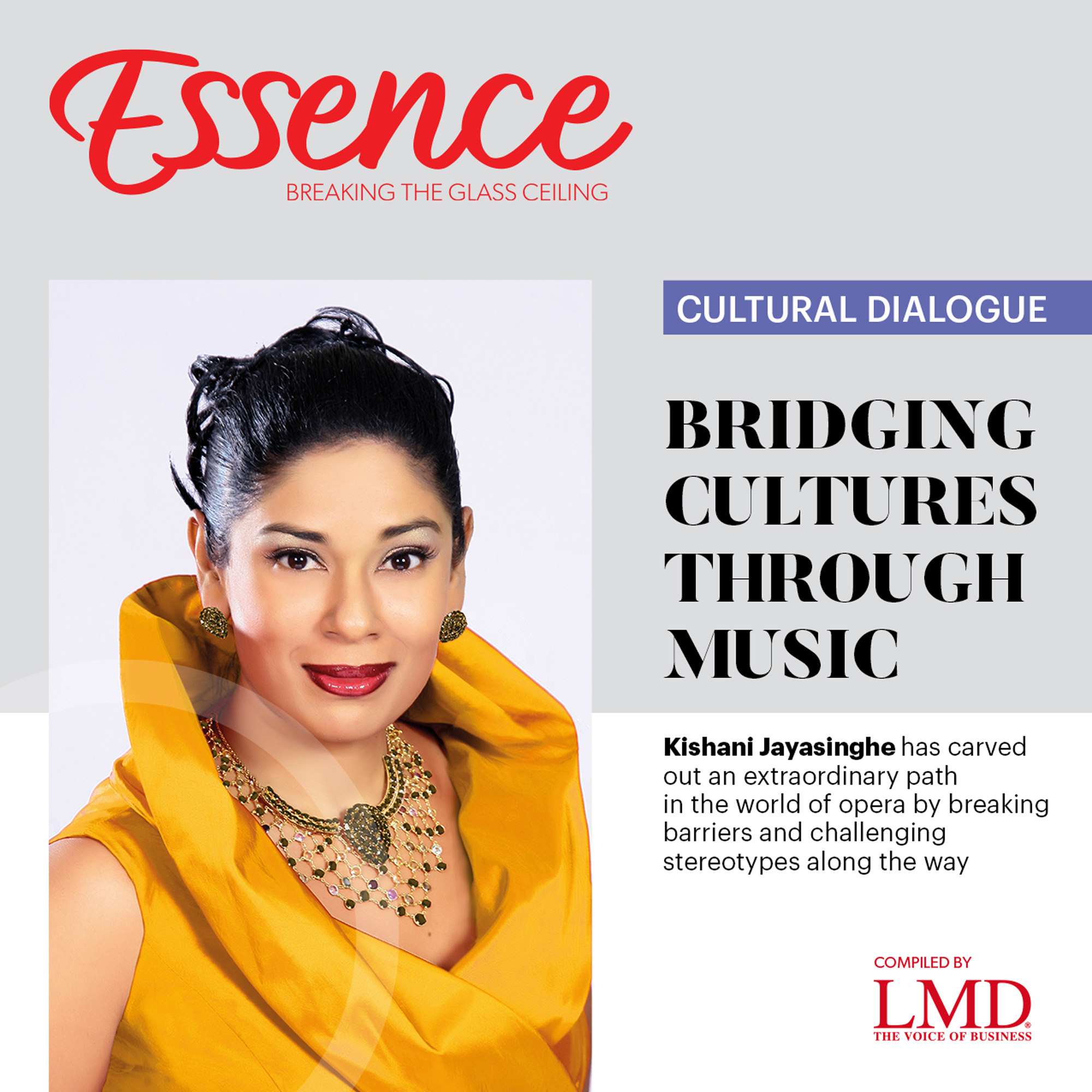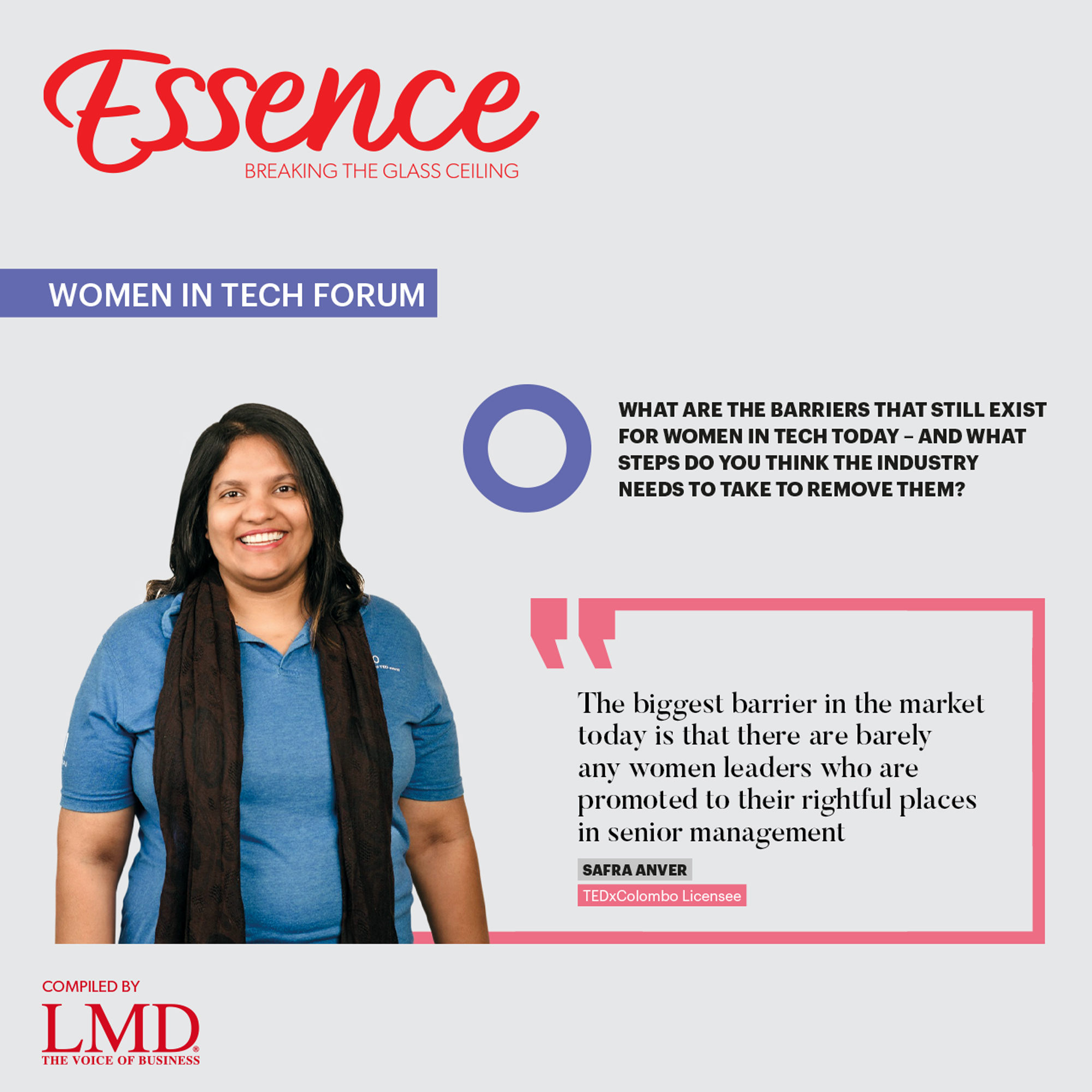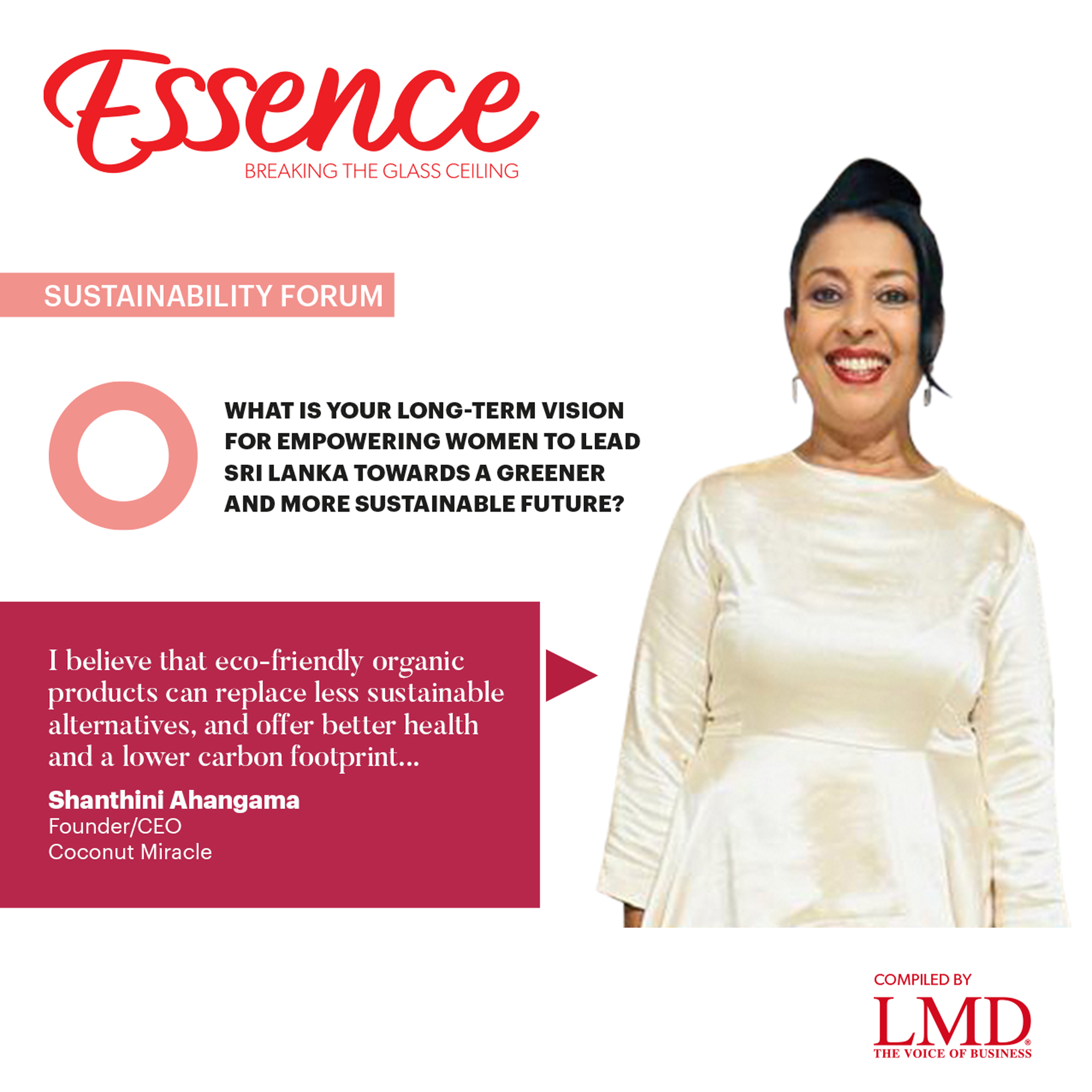AGE OF EQUALITY
BREAKING THE BIAS

Ruwandi Perera addresses the prevalence of bias against women in what is by and large a progressive world – and underlines the need to accelerate the age of equality
Prejudice in any form reflects closed mindedness, insecurity, fear and apprehension of those who harbour bias towards others. Even though bias was widespread in a bygone era when knowledge was limited, communities were isolated and progression of civil society was slow, it is unacceptable today.
After all, many cultural norms have shifted, and human civilisation has advanced in leaps and bounds.
It is saddening, even alarming, to see countless women having to fight unfairness in workplaces and sports arenas – on stage and behind cameras – and in some instances, even in their own homes.
Gender inequality signifies a human race still inhibited by culture, conventions and misconceptions – and it limits progress. In theory at least, a free and fair world should not be hard to build; but in practice, it is.
International Women’s Day 2022 is being celebrated under the theme ‘Breaking the Bias,’ inspired by those who seek to build a gender equal workplace free of bias, stereotyping and discrimination.
It is heartening to see countries and communities coming together to promote diversity, equality and inclusivity; and it’s encouraging to have scores of women’s achievements to celebrate.
Women are taking charge and breaking ground across many fields – from governing countries and corporates, exploring oceans and orbits, setting new benchmarks in sports and science, not to mention the dazzling world of the arts and AI.
The BBC’s 100 Most Inspiring and Influential Women for 2021 celebrated ladies who are reshaping societies and cultures, from Nobel Peace Prize winners to lifesaving vaccine inventors.
And in the Forbes’ list of the World’s 100 Most Powerful Women published in December, a decade long record was broken and a resounding change ensued in terms of defining powerful women – moving from political prowess to philanthropy, expanding global views on how we perceive the influence of women.
Bias belongs to a conventional world – a sphere pulled back by the orthodox and a ‘that’s how it is’ mindset.
We live on a very different planet today. We’re exploring Mars and discovering previously unseen vistas of the universe, editing genes and enabling nanobots to cure cancer, and stretching the limits of quantum computing and unveiling secrets about our planet, which could change the way we live in the next millennia.
On the other hand, we’re also combatting a pandemic that is still threatening human life, fighting rising sea levels that could overwhelm many cities in the next century, struggling to keep global trade afloat, defending nations from intense conflicts, war and invasion, and trying to feed a rapidly expanding global population with finite resources.
Against this backdrop, it is only wise to remind ourselves of the adage ‘united we stand, divided we fall.’ The world is at a precipice – hanging on the edge of unforeseen progress and unprecedented destruction. Ideally, it should be a place sans discrimination.
Eliminating bias is all but a small step to take towards progress; yet, it seems like a tall mountain to climb – a feat only possible if men and women alike unite.





